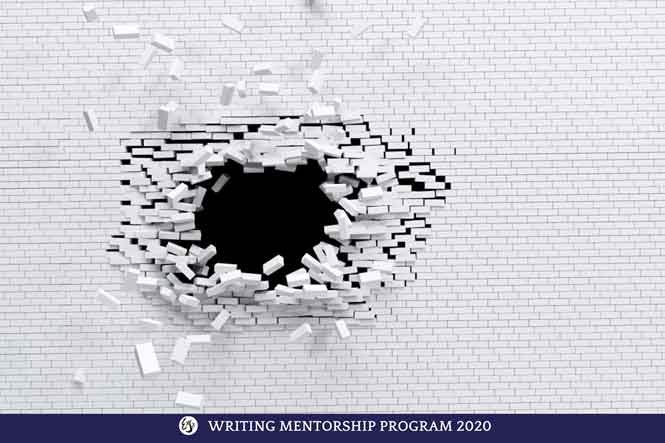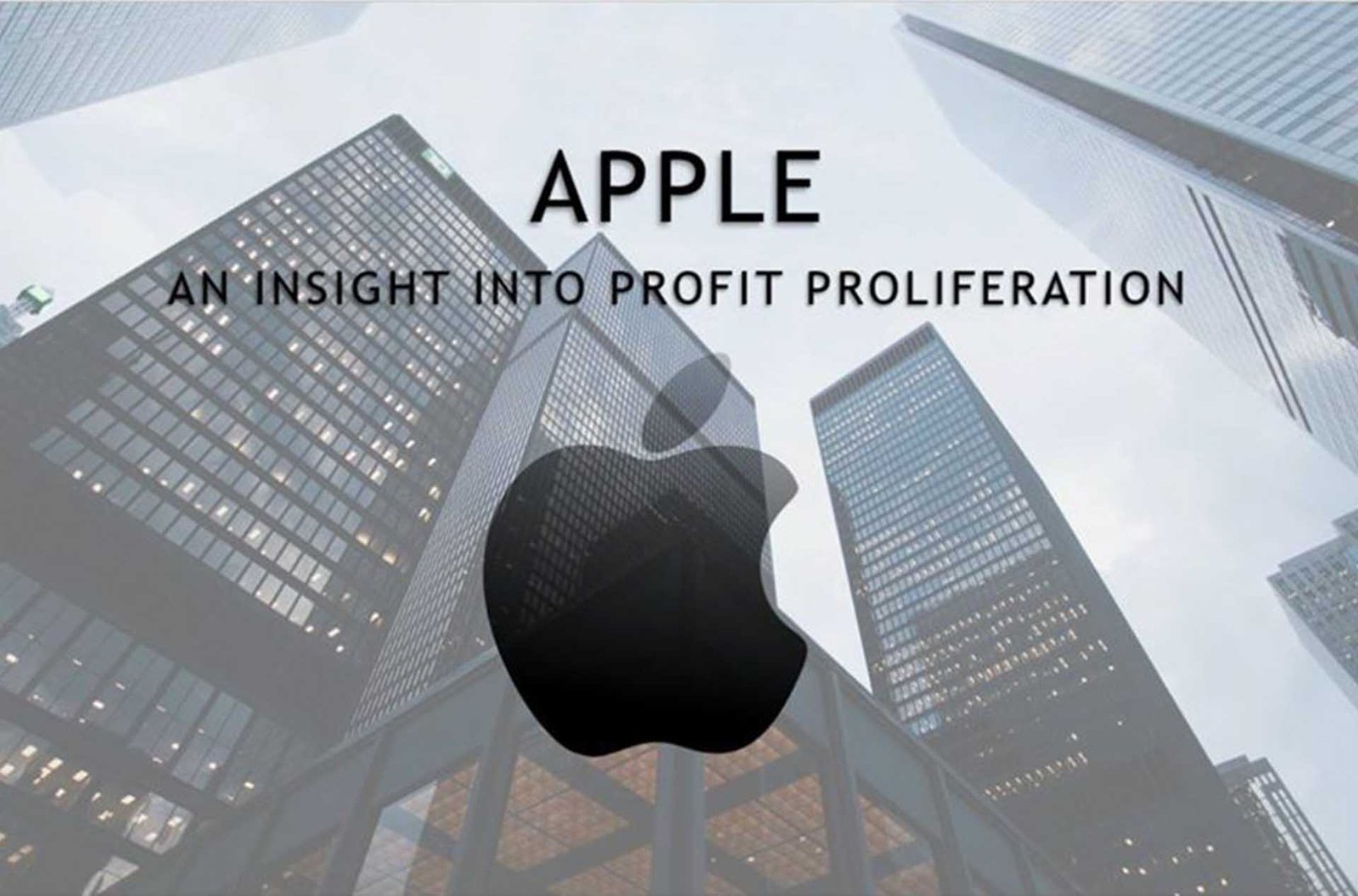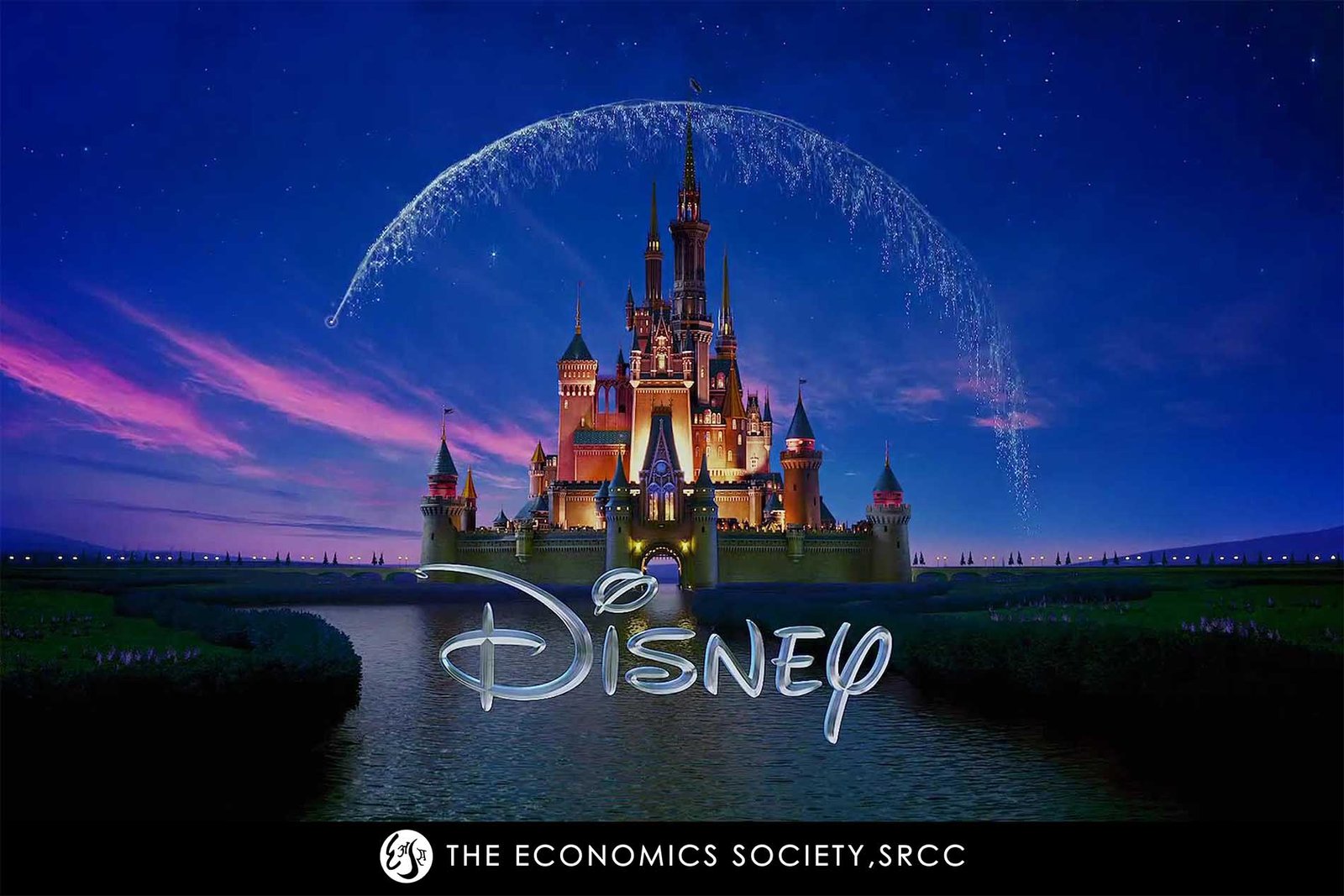
Disruption as an Opportunity

“A new generation with different trials and tools is coming up to challenge everything we think we know.” 1
As we enter a new decade, we will encounter a new era of business and technology. In order to survive the change, businesses need to be safeguarded from the evils that exist in the market, i.e. volatility, uncertainty, recession, risk and disruption. Out of all these evils, we will examine how to overcome disruption and why businesses need to identify disruption as an opportunity.
What is Market Disruption? How to turn it into an opportunity?
A market disruption is a situation wherein markets cease to function in a regular manner, typically characterized by rapid and large decline in markets. 2 In order to conquer disruption, focusing only on technology is not enough. After all, it is not technology that disrupts the market, it is the consumers.3 It is important for businesses to look for opportunities that lie at the intersection of social, generational and technological changes.
With Millennials and Generation Z entering the workforce, the phenomenon of ‘Generational Disruption’ is reshaping the world all around us.
Who are Millennials and Generation Z?
Reports from the United Nations state that the society is on the cusp of a generational transition. The new decade will witness the consumers of today, the Millennials, paving the way for the market of tomorrow, the Generation Z. According to data provided by Bloomberg, Gen Z (people born between 1996-2010) makes up 32% of the global population, along with an estimated 31.5% of Millennials (people born between 1981-1996). The generation gap coupled with the paradigm shift in the mindset of these budding entrepreneurs has already begun to disrupt industries around the world; an effect that is bound to intensify with time. Today’s millennial-dominated workforce, along with Gen Z, is set to command nearly 70% of the consumer base globally 4 . The companies ready to satisfy their needs will grow in the long term.
Why is the consumer behaviour of Millennials and Gen Z so important?
With parents of most Millennials and Gen Z retiring, the new workforce will constitute the latter. Hence, studying the consumer behaviour and lifestyle of the upcoming consumer base is crucial for brands to survive generational disruption. Henceforth, brands can take measures to adjust according to the changes in market demand.
Millennials are expected to accrue more wealth by the year 2020 where they are trended to spend $1.4 trillion. Millennials’ average yearly expenditure totals around $47,112. 4 Gen Z has the spending power of $44 billion a year, according to a research from Uniquely Generation Z. This generation does not trust advertising. Also, communications must be authentic and brands should be trustworthy. Gen Z tends to gravitate towards testimonials by their peers and influencer marketing. They will identify with an influencer they like, one with similar values and interests, who motivates them to make purchases. 5
To close this emerging generation gap, retail leaders need to take action to provide the seamless and end-to end experiences Millennials demand. Only those companies that innovate and adapt themselves to the changing market will survive, others won’t find their way amidst the opportunities and threats of the new decade.
Knowing Millennials and Gen Z better
The first and foremost step to overcome disruption is to know one’s consumer base, i.e. what do consumers actually demand? Millennials are a socio-politically, environmentally and economically aware generation. Essentially, Gen Z is not far behind the Millennials when it comes to being aware of the worldly affairs. Both Millennials and Gen Z believe in impact investing, i.e. investments made with the intention to generate positive, social and environmental impact alongside a financial return. 6
Before becoming regular customers, Millennials and Gen Z like to consider brands’ qualitative aspects. This is the prime factor for brands to adjust according to their consumers’ behaviour. Both these generations look for innovative techniques/products that companies produce. They are drawn towards brands which are conscious towards the environment. They keep a track of management and ethics of companies. They are fascinated by companies that have a strong moat advantage, i.e., a business’ ability to maintain competitive advantages over its competitors. 7 Millennials and Gen Z are brand-conscious generations. Companies that promote and encourage healthier lifestyles are usually preferred by them.
Walt Disney: The company that had to disrupt itself
Millennials and Gen Z love stories. From movies and books to age-old TV series, they are deeply fascinated by the world of storytelling. In fact, often they view their world from the eyes of their favourite fictional character(s). Talking about entertainment, it is important to acknowledge a company that is loved by all generations, not just the Millennials and Gen Z. Remember the Mickey Mouse we all grew up with? Well, it’s 91 years of the mouse that started it all.
Who doesn’t love a Disney film, even if you’re 6, 26 or 46? This universal love for Disney makes its intellectual property relevant across all generations. To understand the concept better, let us dig deeper into ‘The Walt Disney Company’, which restructured its business after disruption.
With recent strategic reorganisation and innovations like Disney+, Disney blends imagination and technology to adapt itself in today’s dynamic business environment.8 Disney is a pioneer with its environmental programs and initiatives like Environment Stewardship and Conservation Fund.9 Moreover, the Walt Disney Company is very committed to its ethical program. It shows this by exhibiting an aura of quality in the company’s customer service and products. Hence, it is a non-manipulative company.10 Disney’s integrated business of theme parks, movies, and consumer products results in a strong moat. Because of its diversified business, it is less affected by changes than its competitors.
Disney is the epitome of how a business can grow out and over, and in many ways, even better through disruption. It has perfectly adhered to the demands of the new generations. If businesses also follow the trends in consumer behaviour, they will succeed in vanquishing disruption, just like Disney.
You can almost hear the songs now, can’t you? The nostalgia, as they say, is real.
Conclusion
Every industry faces disruption, which brings opportunities for growth and development of businesses. For brands to earn both long term and short term profits, it is significant to identify and grab these opportunities.
By Pragya Pandey
Senior Secondary Student. Amity International School, Vasundhara-6
References and Citations
1. https://www.adrenalineagency.com/blog/gen-z-dawning-new-disruption/
2.https://www.investopedia.com/terms/m/marketdisruption.asp#:~:text=A%20market%20disruption%20is%20a,rapid%20and%20large%20market%20declines.&text=A%20market%20disruption%20is%20an,known%20as%20a%20market%20failure.
3.https://hbswk.hbs.edu/item/what-s-really-disrupting-business-it-s-not-technology#:~:text=It’s%20Not%20Technology,-by%20Danielle%20Kost&text=Technology%20doesn’t%20drive%20disruption,customer%20needs%20than%20larger%20competitors.
4.https://www.lexingtonlaw.com/blog/credit-cards/millennial-spending-habits.html#:~:text=Millennial%20Spending%20Power&text=Millennials%20are%20expected%20to%20accrue,trended%20to%20spend%20%241.4%20trillion.
5.https://www.accenture.com/us-en/insight-outlook-who-are-millennial-shoppers-what-do-they-really-want-retail
6. https://thegiin.org/impact-investing/need-to-know/
7.https://www.investopedia.com/terms/e/economicmoat.asp#:~:text=An%20economic%20moat%20is%20a%20distinct%20advantage%20a%20company%20has,against%20competition%20from%20other%20firms.
8. https://www.disneyplus.com/
9. https://thewaltdisneycompany.com/environmental-sustainability/
10.https://www.ukessays.com/essays/business/walt-disney-company-ethics-audit-business-essay.php


